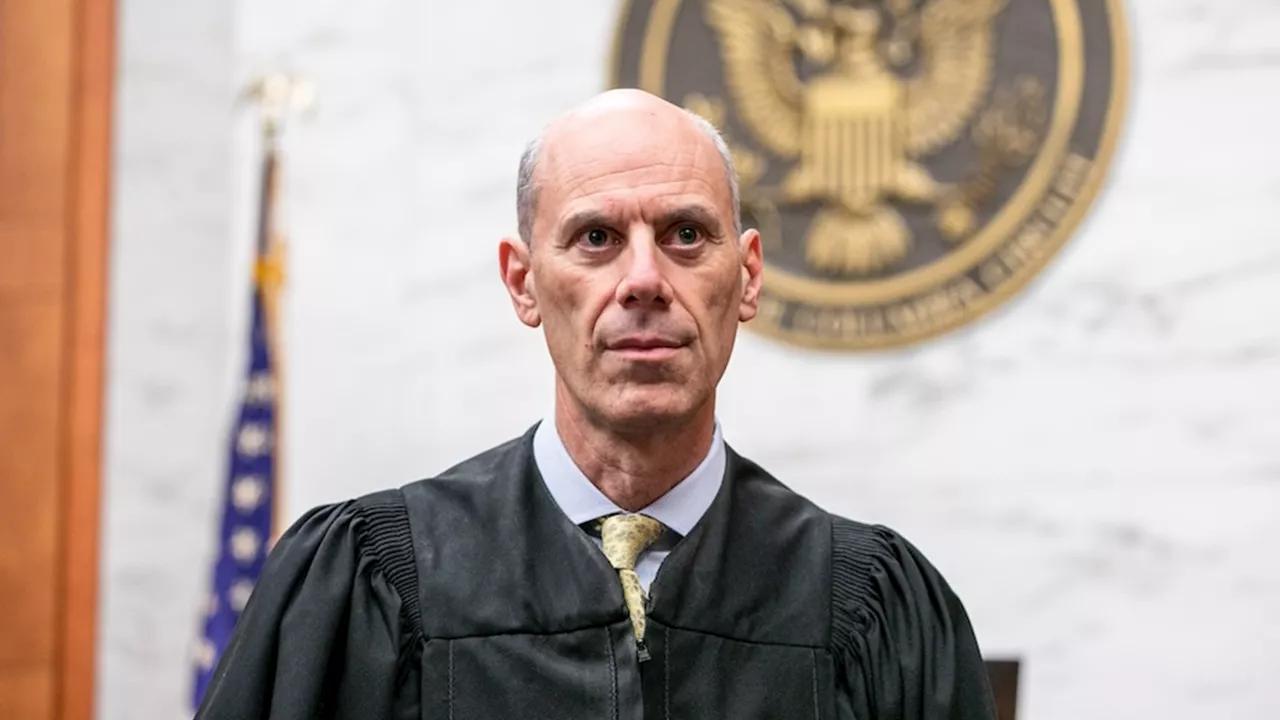A U.S. District Court is set to examine the Trump administration’s controversial deportation of Venezuelan migrants to El Salvador. The hearing, called by Judge James Boasberg, will address claims that the administration violated a previous court order and may have acted in contempt. This case, which has unfolded over several months, has drawn significant attention due to its implications for immigration policy and legal standards.
The central issue revolves around the administration’s use of the Alien Enemies Act to deport migrants, a law dating back to 1798. In March 2023, the Trump administration deported 252 Venezuelan migrants to a maximum-security facility in El Salvador, citing their alleged associations with the gang Tren de Aragua. Following these actions, Judge Boasberg issued an emergency order halting further deportations and instructed the administration to return any flights that had already departed.
Despite these directives, reports indicated that hundreds of the deported migrants remained in El Salvador until July, when they were eventually repatriated to Venezuela as part of a prisoner exchange. The situation has sparked legal challenges from groups such as the American Civil Liberties Union (ACLU), which argued that only a small fraction of those deported had serious criminal records, challenging the administration’s rationale for the deportations.
Judge Boasberg’s upcoming hearing will involve legal representatives from both the Trump administration and the deported migrants. The primary focus will be to determine whether the administration willfully disregarded the court’s earlier instructions. Legal experts have noted that this case not only raises questions about immigration law but also about the potential consequences of governmental overreach.
The legal battle has been marked by complexity, with appeals making their way through various courts. In April, the court found ‘probable cause’ to pursue criminal contempt proceedings against the Trump administration, although this was temporarily halted by an emergency stay from a three-judge panel. In August, the D.C. Circuit Court reversed an earlier ruling, allowing Judge Boasberg to revisit the contempt proceedings for the first time in over 200 days.
As the hearing approaches, questions remain about the transparency of the deportation process. The Trump administration has yet to provide a comprehensive list of the migrants sent to CECOT or details regarding their immigration status prior to deportation. This lack of information has further fueled the legal and political controversy surrounding the case.
The developments leading to this court hearing highlight ongoing tensions within U.S. immigration policy and the legal framework governing deportations. As the situation unfolds, the implications for affected individuals and broader immigration practices will continue to be scrutinized.
